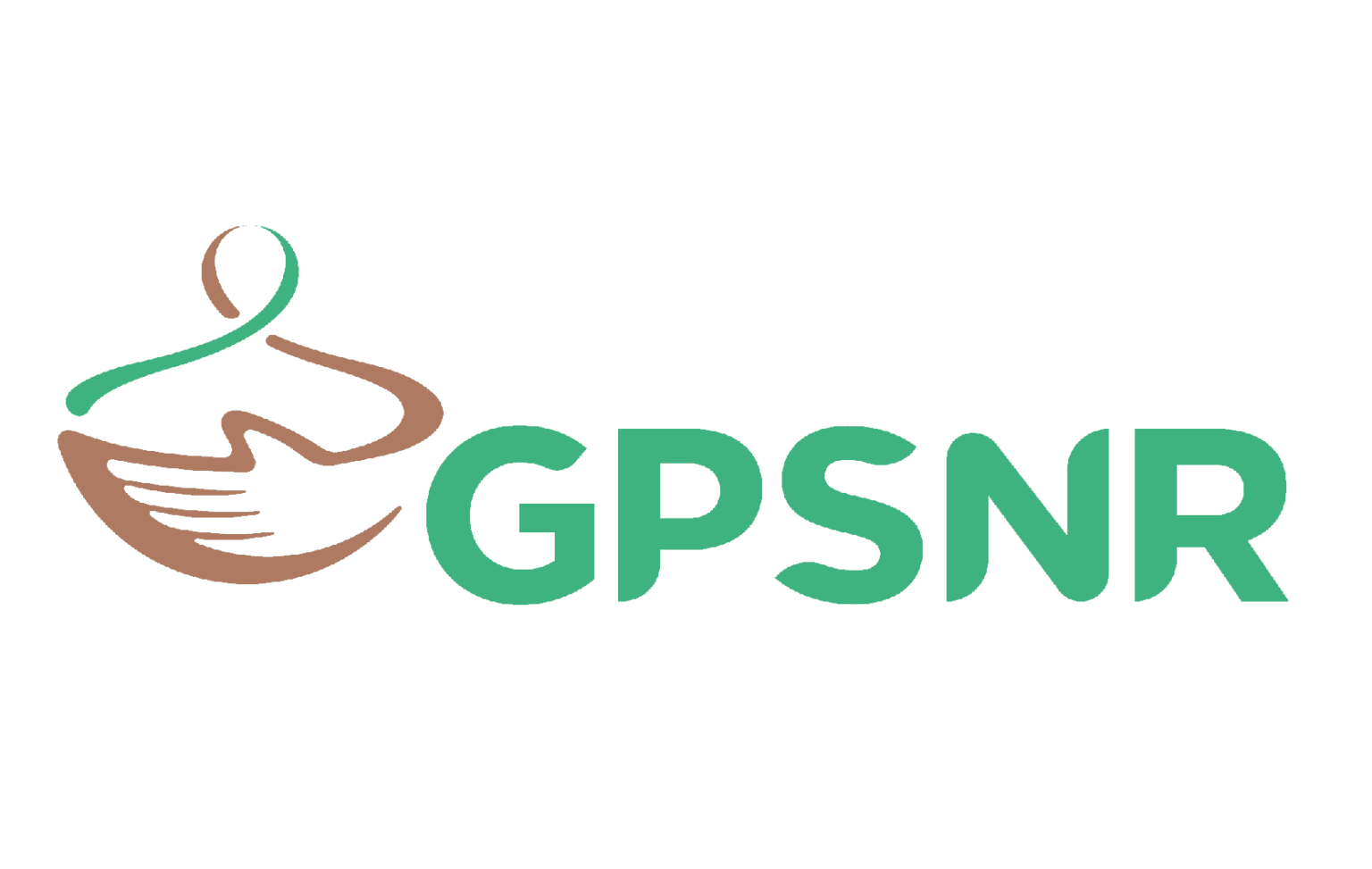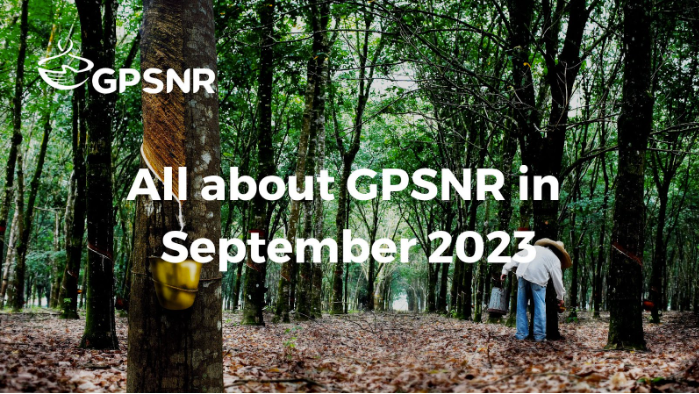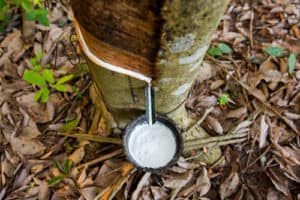Singapore, 15 June 2021: The Global Platform for Sustainable Natural Rubber (GPSNR) has unveiled the natural rubber industry’s first ever grievance mechanism. The process provides a platform to address complaints against its members. It also creates a space for collaboration, improved relations and amicable and meaningful solutions amongst stakeholders in the natural rubber value chain. In situations where this is not possible, the Grievance Mechanism offers recourse and seeks to ensure remedy is provided to impacted parties.
Members and non-members can now use this process to address existing concerns regarding a member’s violation of membership requirements or other guiding principles of the Platform. The mechanism seeks to provide transparency and predictability in the process and requires resolutions to be reached in a timely manner. It asserts particular emphasis on finding expedient and impartial resolution for high risk cases involving impact on communities or the environment, through the creation of a Complaints Panel. This panel will be made up of volunteer members, an external expert, and will judge whether and what kind of corrective actions need to be taken.
The process is comprehensive and risk-based, and is designed with the aim to bring parties to viable solutions and concrete remedy through a transparent process. ‘’The mechanism makes it possible for third parties to address issues with GPSNR members through an unbiased yet amicable process. The focus of the process will always be on finding solutions that work for everyone and provide both Complainants and Respondents with a transparent platform for resolution and accountability’’ said GPSNR Platform Director Stefano Savi.
In slightly over two years, GPSNR has established itself as a platform working towards systemic change in the natural rubber supply chain. The existence of a strong redressal process like this grievance mechanism showcases its commitment to a culture of fairness and transparency.
-Ends-
About GPSNR:
GPSNR is an international membership driven platform set up to define sustainability for the natural rubber value chain. It brings together various stakeholders to a common ground based on fairness, equity and environmental sustainability. GPSNR member companies account for almost 50% of the global natural rubber volume.
More on sustainablenaturalrubber.org
For more information, please contact:
Bani Bains
Communications Manager
Email: bani.bains@gpsnr.org
Ph: +65 97268165






